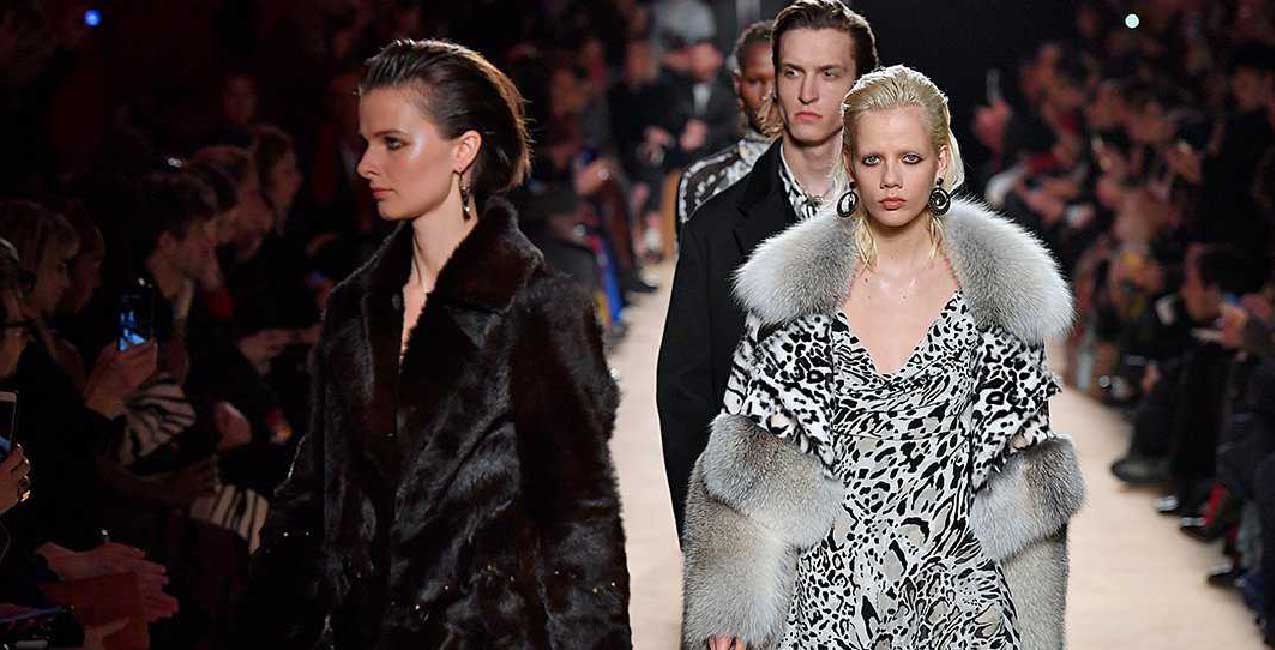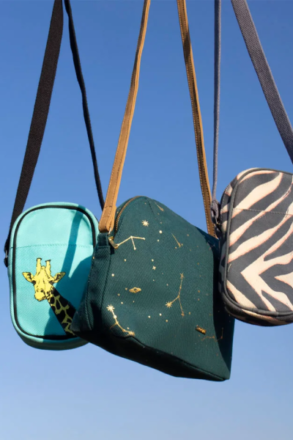- Empty cart.
- Continue Shopping
Brands ditch fur-Vows to go fur-free by 2019

The suffering of animals for obtaining fur is not a new thing and nothing had been done till now for this unimaginable cruelty that animals suffer. 85% of the fur comes from animals kept in captivity for their fur. The animals are kept in intensive confinement and subjected to gruesome methods of killing.
Some of the most painful methods of slaughtering fur animals include neck-breaking, electrocution, decompression, suffocation, and gassing. Beavers, rabbits, foxes, squirrels, dogs, cats, raccoons, bobcats, bears, otters, seals, coyotes, possums, the list of animals killed for their fur goes long.
Ditching fur for good.
The globalization of the fur trade has made matters worse. A major part of the fur sales occurs because major high-end brands have promoted fur products in Fashion shows across the world. But high-end fashion brands are becoming more conscious about the products they sell and have put a full stop to the use of fur.
The number of anti-fur protestors in London fashion week has risen from 25 in 2016 to 250 in 2018. The ethical treatment of animals is becoming a priority for brands and shoppers alike so much so that London Fashion week has vowed to be fur-free.
We talk brands
Gucci got fur-free for its spring 2018 collection kickstarting a movement that many other brands followed suit. Gucci president and Marco Bizzarri announced its agenda of taking action against fur in October 2018. But it is not the first brand to do so. Brands like Tommy Hilfiger and Ralph Lauren have been fur-free since as early as 2007. We also have brands that were always clear on their stand against animal cruelty. Some of the famous brands that never used fur include kate spade and Stella McCartney.
The chief executive of Burberry, Marco Gobetti, in a statement said that fur items are not compatible with modern luxury and the environment in which we live and hence Burberry, with the help of its new creative director, Riccardo Tisci has discontinued all the remaining fur items.
Even popular e-commerce retailers like Asos have banned the use of fur in addition to cashmere, silk, fur, and mohair.
List them up
In the current Fashion industry that is failing both the environment and us, it is important that more and more brands turn towards ethical fashion. Here’s a list of some of the brands that have gone fur-free in the last few years.
Versace, fur-free beginning from the 2019 collections
DKNY and Donna Karan, fur-free beginning from the Fall 2019 collections
Gucci, fur-free since the Spring 2018 collection; angora-free since June 2018
Giorgio Armani, fur-free since March 2016
Burberry, fur-free beginning from the 2019 collections
Michael Kors, fur-free by December 2018
Lacoste, angora-free since December 2014
Tommy Hilfiger, fur-free since March 2007
Jean Paul Gaultier, fur-free since November 2018
Ralph Lauren, fur-free since April 2007; mohair-free since July 2018
Hugo Boss, fur-free since July 2015
London Fashion week is going fur-free from the beginning of spring 2019.
EcoRight- We’ve always been fur-free *winks*
Countries in the fight against fur
Bosnia and Herzegovina along with Czech Republic and the Republic of Macedonia banned fur farming since 2017, whereas the United Kingdom and Croatia had banned it way back in 2000 and 2004 respectively. The Netherlands banned fur farming in 2012 and West Hollywood followed suit in September 2013. The latest to join the bandwagon is Los Angeles banning fur sales in September 2018. San Francisco will soon be banning fur sales starting in January 2019.






